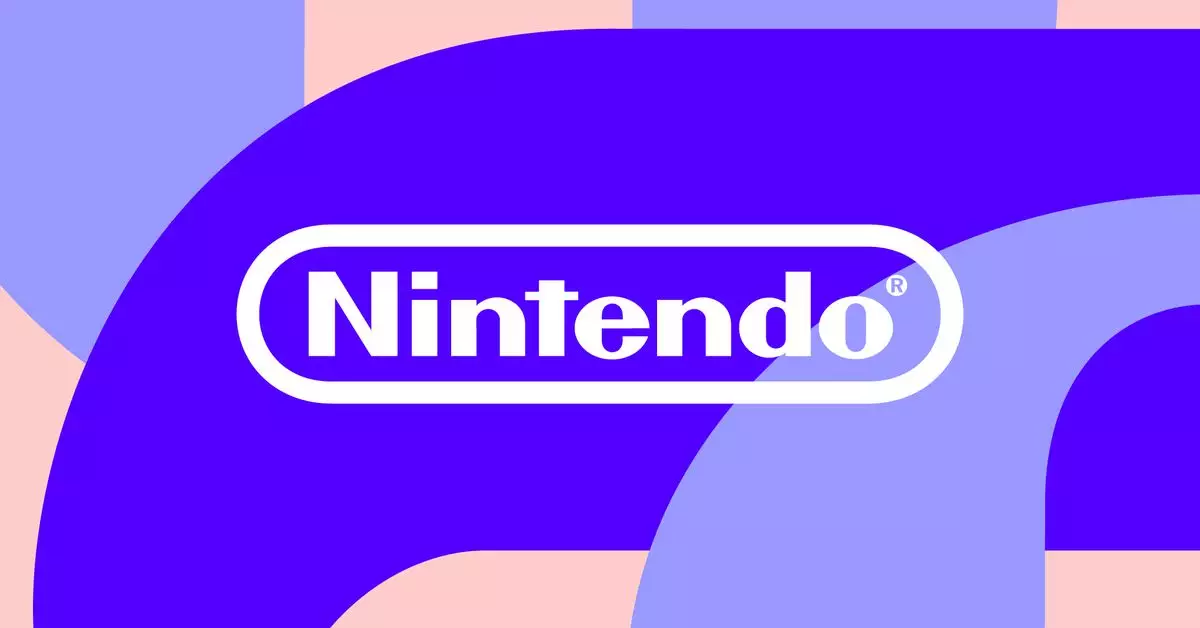The gaming industry has long understood the power of music in enhancing the player experience, and Nintendo has meticulously crafted some of the most memorable soundtracks over the decades. However, the recent launch of the Nintendo Music app, a service designed to centralize these soundtracks, has faced its share of criticism and disappointment. Despite a handful of innovative features, the app’s limited library and various design choices leave many fans yearning for more.
Exploring a Musical Gateway
Nintendo Music presents itself as a contemporary solution for streaming tracks from beloved games like Animal Crossing, Metroid, and The Legend of Zelda. Designed to be user-friendly, the app mirrors popular streaming platforms such as Spotify or Apple Music, providing categorization through game titles and curated playlists. The app’s organization is undoubtedly one of its standout features, allowing fans to engage with their favorite series meaningfully.
Users can browse soundtracks by games, select special playlists focused on character themes, or curate their listening experience based on game dynamics. This thoughtful organization caters to the nostalgia of seasoned gamers while also appealing to newcomers. Additionally, the app introduces an exciting functionality to extend specific tracks into longer loops—an ideal feature for working, relaxing, or immersing oneself in the enchanting soundscapes of games like The Legend of Zelda: Breath of the Wild.
However, despite these promising elements, it becomes evident that the app is not nearly as comprehensive as one would hope. The entirety of Nintendo’s 40-year musical legacy is underrepresented, as only a limited selection of 25 games is currently available. This restriction significantly diminishes the potential of the platform, relegating it to a mere sampling of Nintendo’s extensive history. An array of classic titles from previous gaming generations, such as Super Mario World, is glaringly absent.
Severe Limitations
The initial content library reveals a troubling gap in what could have been a richer experience. With just two Zelda titles (Breath of the Wild and Ocarina of Time) and a sparse representation of other franchises, the burgeoning offering does little to reflect Nintendo’s musical prowess across generations. The lack of retro titles becomes increasingly disheartening as more classic releases appear on Switch Online, indicating that Nintendo is gradually expanding the platform’s offerings, albeit at an agonizingly slow pace.
Moreover, the absence of notable composers’ credits raises eyebrows. In an industry where creators are often recognized for their contributions, Nintendo’s choice to highlight fictional bands over legendary figures such as Koji Kondo feels particularly disheartening. This oversight not only risks alienating fans familiar with the composers’ work but also undermines the game development expertise that has shaped Nintendo’s soundtracks.
When it comes to app functionality, despite the engaging features, certain design choices muddy the overall user experience. For instance, while many songs can be extended, not all provide this option, with no clear rationale as to why specific tracks are excluded. This inconsistency raises questions about the quality assurance processes behind the app.
Additionally, users are met with the somewhat frustrating experience of having to restart a song each time they select a longer duration for playback extensions. Such a momentary interruption in a user’s listening experience is a minor but notable inconvenience. Adding to the grievances, the app is currently limited to mobile platforms and lacks a desktop companion, further narrowing accessibility options for fans who want to indulge in these nostalgic melodies while working or gaming on larger screens.
While early adopters of Nintendo Music may find enjoyment in the service’s current offerings, its limitations and the tepid rollout of additional content create a chaotic and frustrating landscape. For Nintendo, the challenge remains in balancing the nostalgia of older generations with the expectations of new users.
The potential future content teased in promotional materials suggests some improvements may be on the horizon, but the vagueness of “over time” raises skepticism. Given Nintendo’s track record with previous digital services, fans are left clamoring for a clearer roadmap and a more substantial collection of music to enjoy.
Ultimately, while Nintendo Music holds the potential to tap into an exciting realm of audio experiences, it currently feels like an incomplete solution. For those who cherish the soundtracks of Nintendo games, it seems they must still rely on platforms like YouTube to truly immerse themselves in the full breadth of the company’s musical legacy. As Nintendo continues to evolve its offerings, many hope to see a more thoughtful, expansive approach to its music service in the near future.


Leave a Reply